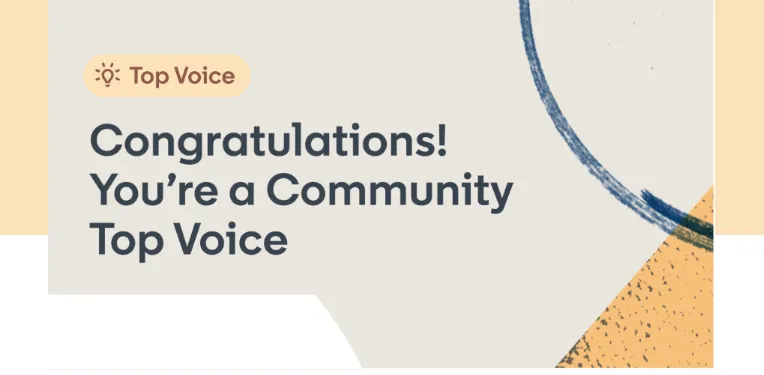
LinkedIn’s Removing its Top Voice Badges for Collaborative Articles Contributors
This is a little unexpected.
LinkedIn has announced that it’s retiring its “Top Voice” badges for contributing to Collaborative Articles, which, seemingly, has been one of the key motivators for people adding their insights to its AI-prompted content.

Originally launched in March last year, Collaborative Articles utilize AI-generated prompts as a starting point, then call on specific LinkedIn users to share their expertise on the chosen topic.
Contribute to enough of these posts, and you get a shiny “Top Voice” badge which is displayed alongside your name in the app, adding an extra level of authority to your LinkedIn presence.
And as noted, that, seemingly, is what’s driven millions of users to contribute their expertise and insights to these articles, with Collaborative Articles seeing seen a 4x increase in weekly member contributions quarter-over-quarter, as of March this year.
But now, LinkedIn’s taking those in-stream badges away.
As explained by LinkedIn (via Lindsey Gamble):
“Starting October 8th, 2024, LinkedIn will be retiring the gold Community Top Voice badge. This means you won’t automatically earn the badge just for contributing to collaborative articles anymore. If you have one, it’ll expire within 60 days from when you got it.”
So why is LinkedIn removing this recognition?
It turns out, enabling people to present themselves as experts by simply adding to AI-generated posts isn’t really that indicative of true expertise.
“Since the launch, we’ve seen more and more people coming together to share their insights and learn from each other through collaborative articles. With this growth, we’re also hearing more feedback from our community. We’ve learned that it is challenging to maintain the highest quality standards for our Community Top Voice badges, as they are currently awarded automatically to contributors, and not manually awarded by our team.”
In other words, LinkedIn users have been complaining that “this guy is not an expert”, and LinkedIn’s investigated and found that, yes, the system is seemingly giving credence to people who aren’t actually reputable or skilled or knowledgeable.
Which is always going to be a risk of AI-based merit systems, while people will compete for whatever internet badges you put forward, no matter what they are. No doubt a lot of the Top Voice experts actually used AI to also generate their answer, and it seems that LinkedIn has now received enough negative feedback to decide that this is not a great system for recognition.
Though that will also reduce interest in Collaborative Articles as a result.
As noted, Collaborative Articles have become one of LinkedIn’s top content formats, and that, seemingly, would be because users need to add their thoughts in order to get and maintain their Top Voice badge.
Without that badge as a carrot, I’m not sure anyone will be as keen to respond to its AI prompts.
Though that’s what LinkedIn’s selling:
“You might be thinking, why both contributing now? Here’s the deal:
-
Show your expertise – Sharing your thoughts positions you as a knowledgeable voice in your field.
-
Expand your network – Contributing can open doors to new connections and opportunities.
-
Help others – Your insights can guide fellow professionals through common workplace challenges.”
You can read this as LinkedIn being aware that Collaborative Articles, as a concept, is about to tank, but it’s trying to prop up enthusiasm to keep it going.
But it probably won’t. Those who have the badges will be annoyed that they’re losing them, and those who don’t won’t see much reason to contribute.
LinkedIn says that current Top Voice badge holders will lose the marker within 60 days from when it was awarded, with all badges to be gone from the app by December 7th, 2024.
So really, this is probably the end of Collaborative Articles overall, though there could still be some exposure value in the format.
NOTE: LinkedIn has clarified that there is no change to its Top Voice (blue badge) program, which is awarded by invitation-only, via its editorial team.
Leave Your Comment